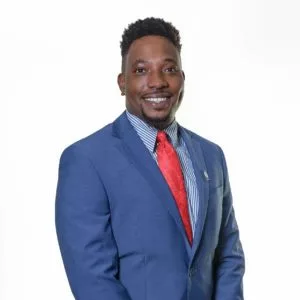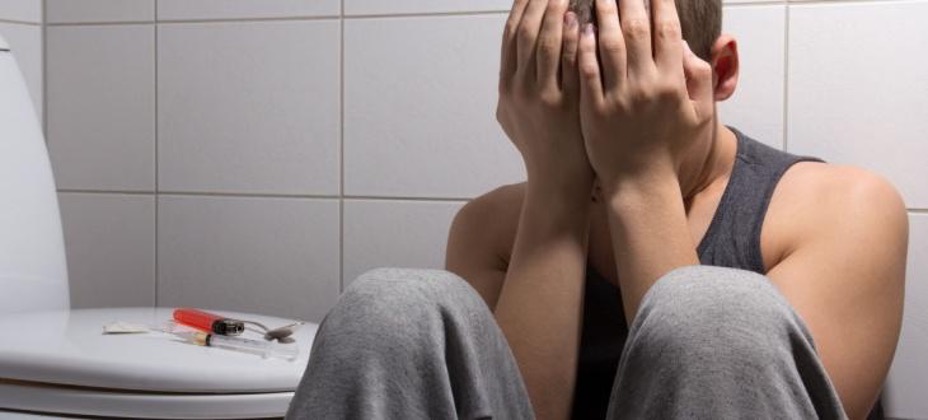Heroin Addiction Recovery Options
Heroin is one of the most addictive and deadly drugs in the world. It ruins lives and kills thousands of people each year.
Luckily, heroin addiction recovery is possible, as is achieving a meaningful life of sobriety. And contrary to popular belief, you don’t have to hit “rock bottom” before seeking help.
In fact, we surveyed 109 recovering opioid addicts, and a majority of them (63%) said they went into treatment when they hit rock bottom but wish they had sought help before that point.
If you or someone you love is struggling with heroin addiction, call 888-534-2295 to speak with a treatment center worker at Legacy Healing Center and learn about your heroin treatment options. All our locations are committed to creating a better life for our patients through our core values of compassion, commitment, and integrity.
Types of Heroin Addiction Treatments
It is extremely difficult to stop using heroin, which is why treatment is often necessary.
There is no one-size-fits-all approach to addiction treatment — the best option varies from person to person. However, heroin addiction treatment typically begins with detoxification.
The First Step: Detoxification

Detoxification is the first step in any heroin addiction recovery treatment program. The goal of heroin detox is to help the person rid the drug from their system.
Detox can be highly uncomfortable and mentally challenging. When asked what the most difficult part of getting sober was, recovering opioid addicts most commonly said it was the withdrawal/detox process. That’s why it’s so important for the patient to go through drug addiction detox in a medically supervised environment. That way, they can be as safe and comfortable as possible.
Heroin detox can take anywhere from a few days to a few weeks to complete, depending on factors like the severity and length of the addiction, whether any other substance use or mental health disorders are present, and the medical and physical condition of the patient.
There may be separate detox programs, such as female detox ormen’s detox, to make patients feel more comfortable.
Medication-Assisted Treatment
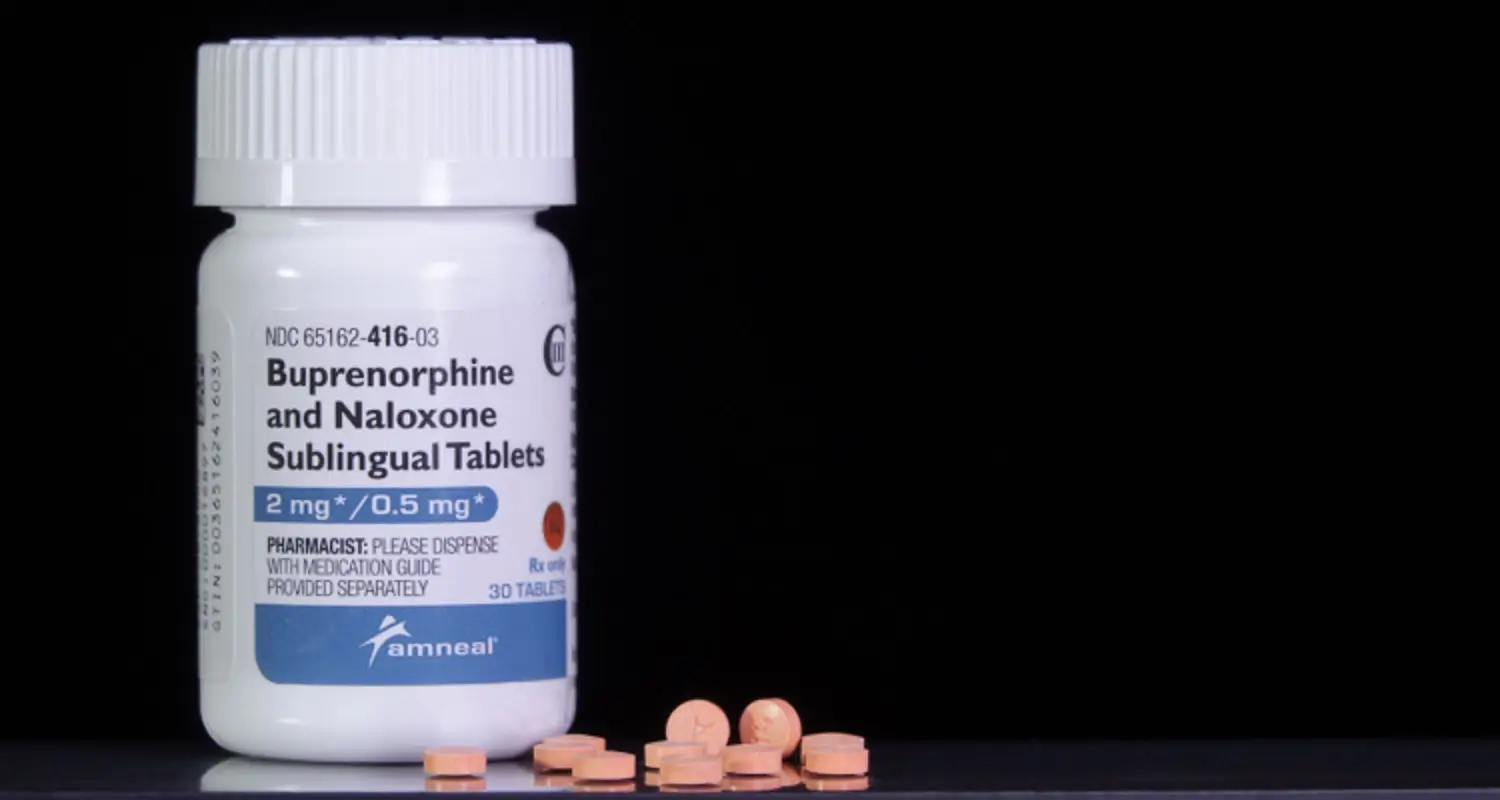
Medication-assisted treatment (MAT) is available in most heroin rehab programs (more on these later). MAT uses medication to treat heroin withdrawal, overdose, and cravings.
Some of the most common medications used in medication-assisted heroin addiction treatment are Suboxone and methadone.
Suboxone is a combination of buprenorphine and naloxone. It helps patients manage cravings, reduce heroin use, and stabilize their lives.
Buprenorphine reduces heroin cravings by binding to and only partially activating the same receptors in the brain that heroin binds to. Naloxone reverses and cancels out the effects of opioids by binding to opioid receptors without activating them.
Methadone is an opioid, but its effects are much slower and less intense than those of heroin. It is also longer lasting, typically only needing to be administered once a day. Methadone is similar enough to heroin that it eliminates or reduces cravings while preventing withdrawal symptoms.
Methadone is highly addictive, but when administered in a supervised setting, such as a methadone clinic or heroin rehab facility, it has been proven highly effective.
Therapy

Individual and group therapy can help those struggling with heroin addiction. You can attend these therapies in an inpatient or outpatient treatment center (more on this below).
During individual therapy, the patient meets with a therapist one-on-one to discuss their concerns and help them address the underlying causes of their heroin addiction.
In group therapy, patients are divided into groups and may meet daily or even multiple times per day. The groups are often divided by age, gender, or other criteria to help each person feel more comfortable.
Family therapy is another way to help rebuild relationships with loved ones and receive extra support. This therapy can help family members heal the damage heroin addiction has inflicted on their trust, love, and support for one another.
Behavioral therapy is one of the most important parts of treatment because it helps patients develop new skills and thought patterns to avoid relapse in the future. They learn to recognize triggers and create plans for how to handle them.
It also helps address any other mental health issues, known as co-occurring disorders, that may be contributing to their heroin addiction. In fact, many heroin users misuse the drug to relieve symptoms of mental health conditions like anxiety, depression, bipolar disorder, obsessive-compulsive disorder, and schizophrenia.
Rehab for Heroin Addiction Treatment
Heroin rehab helps patients achieve sobriety by helping them cope with the underlying causes of their addiction while creating better physical, mental, and spiritual habits.
A professional treatment program can also help patients identify the correct medication for their heroin addiction and provide it in a safe, monitored manner.
Many heroin addiction treatment centers, including Legacy Healing, offer a wide range of programs so you can find the regimen that works best for your lifestyle and needs.
Inpatient Rehab

Inpatient heroin rehab, also known as residential heroin rehab, requires the patient to stay 24 hours a day at a treatment facility, where they have access to addiction specialists and medical professionals throughout their stay. It is usually the step after detox.
Inpatient rehab allows patients to completely remove themselves from triggering people, places, and situations, therefore allowing them to focus entirely on their treatment. Typical stays in an inpatient treatment program last between 30 days to six months but may last longer if necessary.
Legacy’s inpatient rehab program is designed to help you overcome heroin addiction while building up the skills and strength to re-enter the world. We believe in healing your mind, body, and spirit. But most of all, we believe in you.
Outpatient Rehab
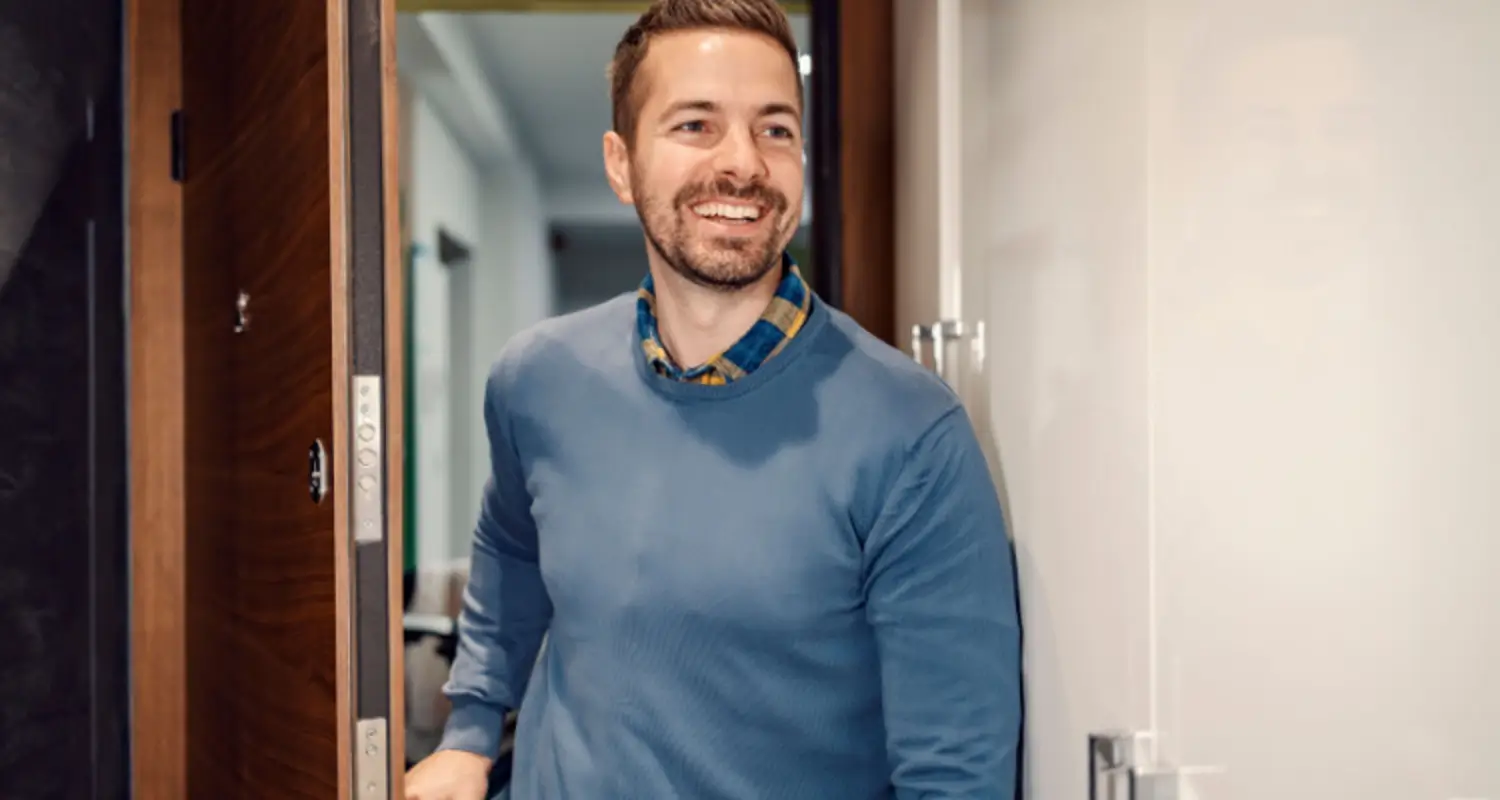
Outpatient heroin rehab, on the other hand, allows the patient to attend treatment while managing their other obligations. Outpatient treatment can be an initial form of treatment or a step-down level of care from inpatient programs.
Patients attend treatment at a facility several times a week, but unlike inpatient programs, they do not live at the facility.
Legacy provides two different outpatient programs for heroin addiction recovery, including:
- Partial hospitalization programs: A structured mental health and addiction treatment program that lasts a few hours per day, three to five days weekly. Clients attend daytime treatment sessions with therapists and can go home at night. It serves as a step down from 24/7 residential treatment.
- Intensive outpatient programs: Focused on helping you maintain sobriety, with shorter sessions for flexibility in balancing family, school, and career commitments. These programs also aid the transition back to daily life after heroin rehab.
Aftercare

Aftercare programs are designed to help patients maintain their hard-earned sobriety after rehab.
At Legacy, we provide the aftercare services below to help prevent relapse and keep you connected to a strong and supportive sober community:
- Continued therapeutic support
- Alumni support groups
- Family support groups
- 12-step fellowship groups
- 24/7 support
- A lifetime recovery coach
- Weekly Zoom meetings, including both male-only and female-only options
- Quarterly alumni events
When to Seek Help for Heroin Addiction
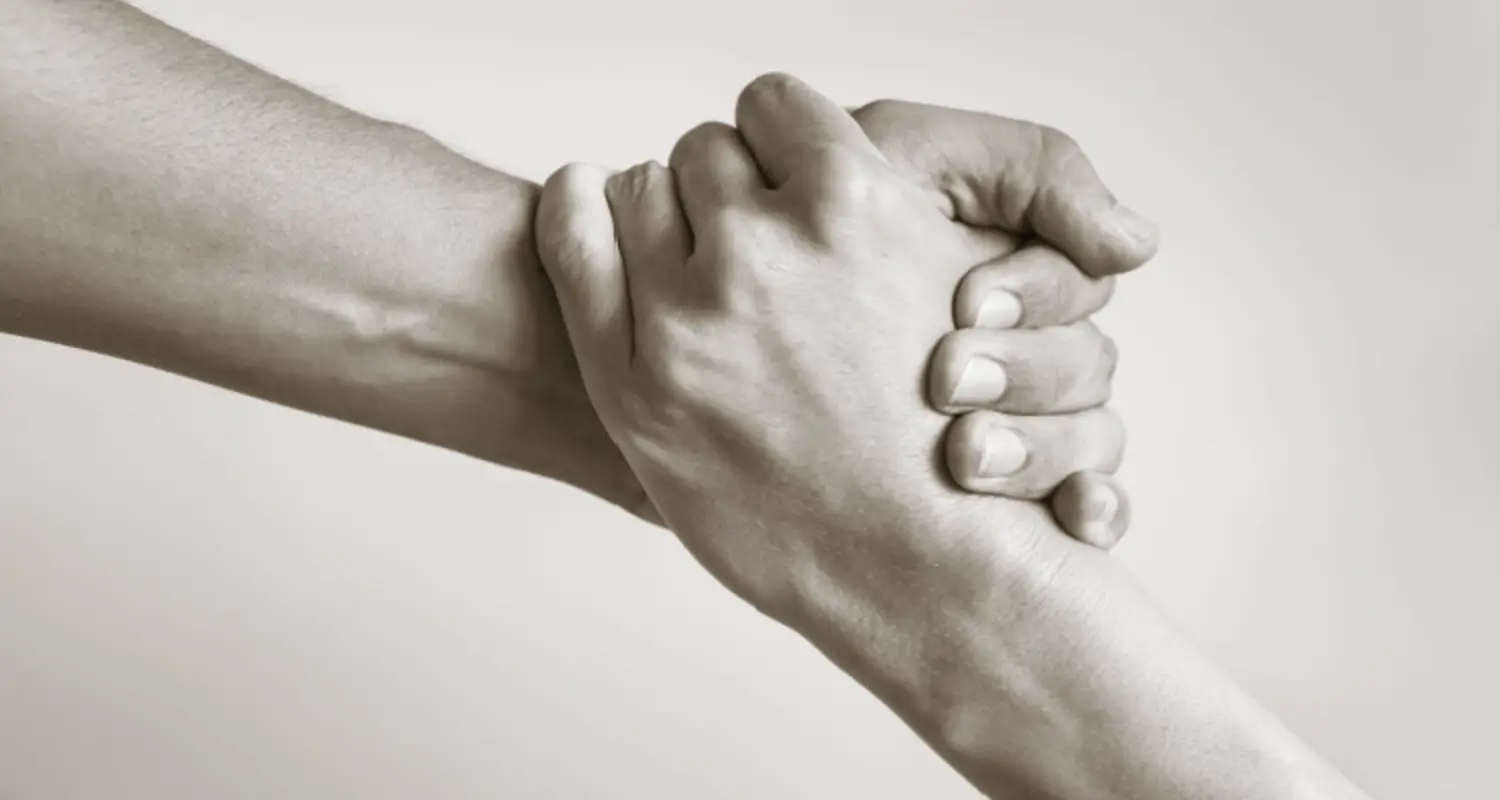
It’s important to seek help as soon as you recognize any sign of heroin addiction. According to our survey, a large majority (78%) of recovering opioid addicts who attended rehab are happy and grateful they did.
If you have a loved one who is struggling with heroin addiction, encourage them to seek treatment in a non-judgmental way. Speak to them from a place of love and concern.
Researching treatment options for heroin can help them feel more comfortable about their available choices. Even if they are resistant at first, continue to encourage them to seek treatment. You may also consider supporting them by touring rehab centers with them.
Once your loved one has begun treatment, you can continue to provide support by attending family meetings and visiting them regularly. Celebrate the small wins and let them know how proud you are of the strides they’ve made.
How to Find a Heroin Addiction Recovery Rehab Near You
If you or your loved one suffers from heroin addiction and are ready for a new life, Legacy Healing Center is here to support you on your journey.
Contact Legacy Healing Center todayto talk to a treatment support specialist who can help you find the right rehab. Or call us anytime at 888-534-2295.
Heroin Addiction Recovery FAQs
What are the pros and cons of inpatient vs. outpatient treatment for heroin addiction?
There are many pros and cons of both inpatient and outpatient treatment for heroin addiction, so what choice is right for you depends on your specific needs and circumstances.
Pros of inpatient rehab include:
- 24/7 supervision and support from medical and clinical professionals
- A structured and controlled environment
- Complete separation from triggers and underlying causes of addiction
- Intensive individual and group therapy sessions
Cons of inpatient rehab include:
- Time commitment
- Disruption to daily life
- More expensive than outpatient rehab
Pros of outpatient rehab include:
- Flexibility
- Less disruption to daily routines
- Less expensive than inpatient
- The ability to apply learned skills and knowledge in the real world
Cons of outpatient rehab include:
- Less structure/supervision
- Patients face greater exposure to triggers and underlying causes of addiction
- Limited access to medical and clinical monitoring
- Potentially slower progress
What medications are used in medication-assisted treatment for heroin addiction?
The medications that are most commonly used for heroin addiction treatment are:
- Methadone: Used as a maintenance treatment, helps reduce cravings and withdrawal symptoms
- Suboxone: A combination of buprenorphine and naloxone, used to reduce cravings and withdrawal symptoms
- Naltrexone: Used to help patients maintain abstinence from heroin and other opioids
How long does it typically take to recover from heroin addiction?
Anyone recovering from heroin addiction will tell you that recovery is a lifelong commitment and process. You must work at it continuously.
Unfortunately, relapse is common, and patients will have to restart aspects of their recovery. However, it is possible to maintain lasting sobriety and avoid relapse for the long term.
What are the chances of relapse after heroin addiction treatment?
The chances of relapse after heroin addiction treatment are very high. Evidence suggests that most of those who undergo heroin addiction treatment will experience at least one relapse.
Relapse is most likely in the first year or two after treatment, but it can happen at any time.
What can I do to support someone during and after heroin addiction treatment?
These are some of the most important things you can do to support a loved one during heroin treatment:
- Encourage them to attend treatment.
- Participate in family therapy.
- Educate yourself on heroin addiction and heroin treatment options.
- Listen actively.
- Reinforce positive changes.
- Be patient.
- Make it easy for them to attend treatment.
Some of the most important things you can do after a loved one completes heroin addiction treatment:
- Create a supportive environment.
- Encourage continued treatment.
- Promote healthy habits.
- Help build a support network.
- Be vigilant for signs of relapse.
- Understand triggers.
- Celebrate sobriety milestones.
- Encourage self-care.
- Maintain open communication.
Sources
- National Institute on Drug Abuse. (2018). Heroin Research Report: Overview.
- National Institute on Drug Abuse. (2018). What Are the Treatments for Heroin Use Disorder?
- Substance Abuse and Mental Health Services Administration. (2023). Medications for Substance Use Disorders.
- Pain News Network. (2018). Do 80% of Heroin Users Really Start with a Prescription?



